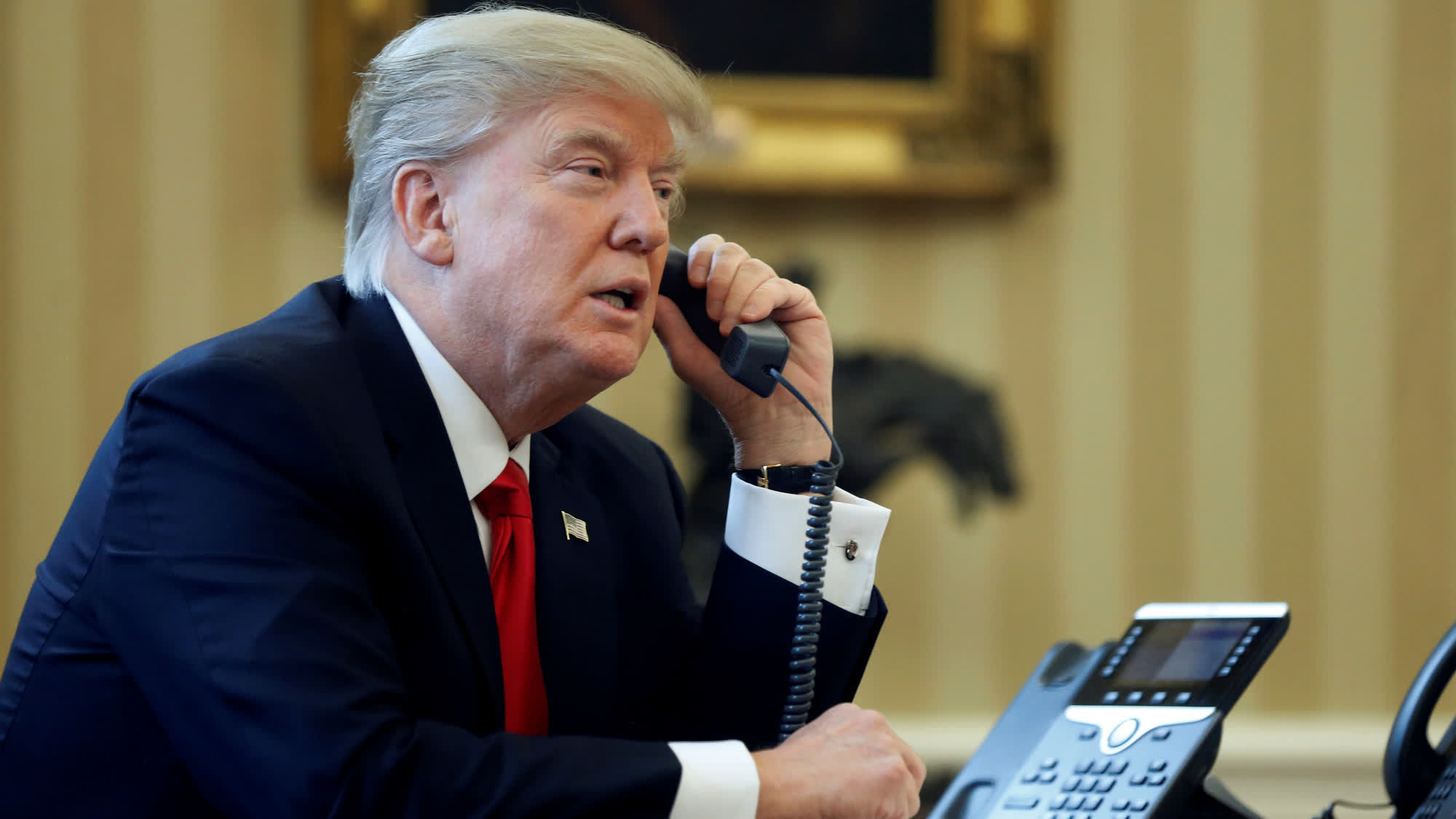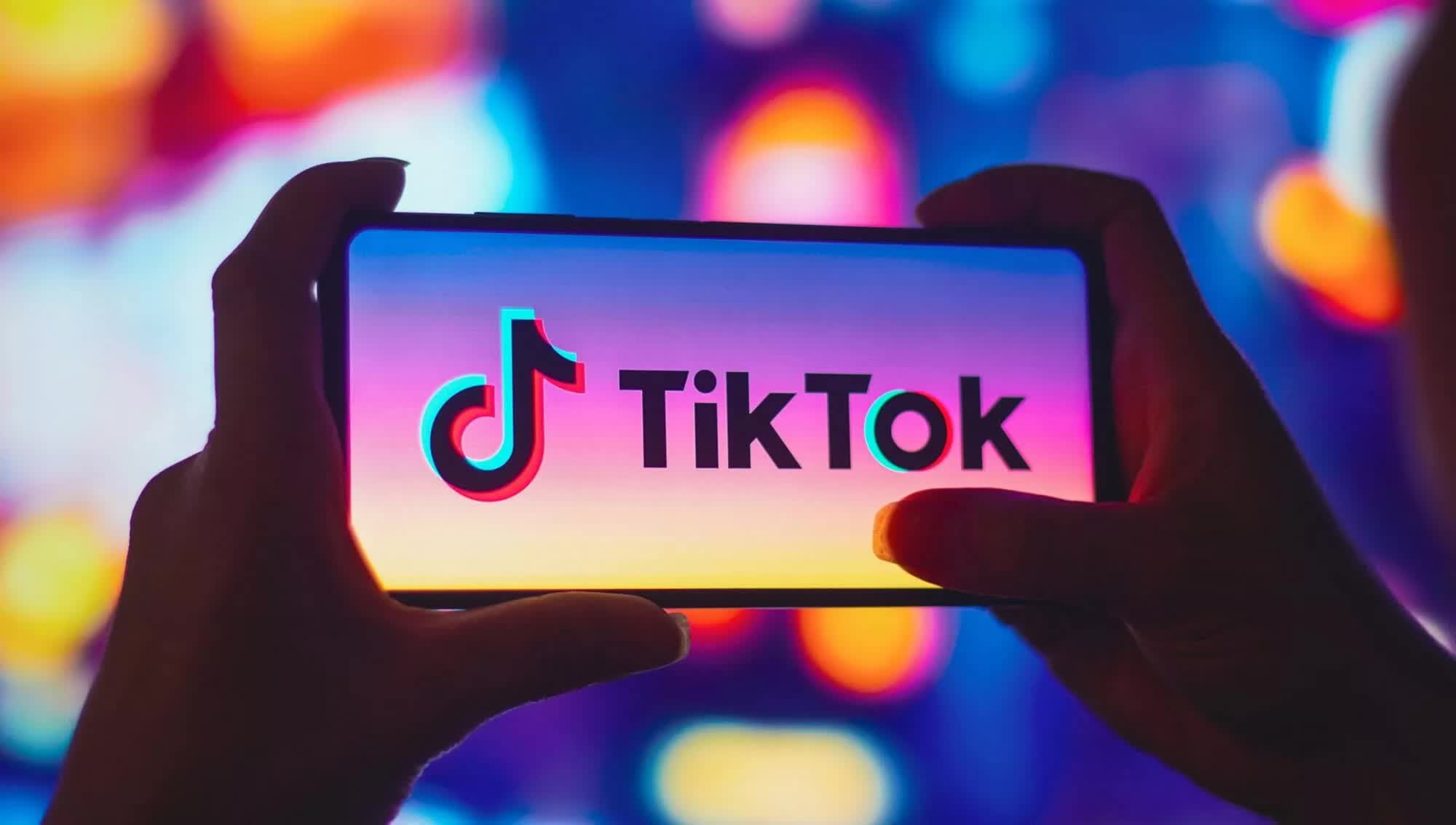In a nutshell: TikTok's Chinese parent company, ByteDance, is reportedly developing a US-specific version of the app scheduled for release on September 5. Dubbed "M2," the new version will be owned by American investors, and all US-based users will be required to update in order to continue using TikTok.
According to The Information, the existing app – referred to internally as "M" – will be removed from US app stores once the new version is rolled out. The current app will reportedly continue to function for several months after the debut of the new version but will cease working in the US after March 2026. At that point, all users will be required to upgrade to the new app or face a complete blackout.
The new version is being developed exclusively for the US market and will only be available through American app stores. The rest of the world will continue using the current app, which will remain under Chinese control.

The Trump administration is reportedly working with several prominent US companies and venture capitalists, including Oracle, to acquire a majority stake in TikTok's US operations. ByteDance is still expected to retain a minority stake in the new entity while complying with the terms of the Protecting Americans from Foreign Adversary Controlled Applications Act.
Following persistent controversy over TikTok's Chinese ownership, then-President Joe Biden signed legislation in April 2024 requiring ByteDance to sell TikTok's US operations to an American owner or face a nationwide ban. The company appealed the mandate last December, but a federal court unanimously upheld the law, rejecting claims that it violated the First Amendment.
The ban was originally set to take effect on January 15 of this year, but the Trump administration issued an executive order delaying enforcement for 75 days. Trump later extended the deadline two more times, giving ByteDance until mid-September to comply with the law.
Trump previously stated that a group of "very wealthy people" had expressed interest in acquiring TikTok, though he declined to name them. He also noted that the deal would likely require approval from the Chinese government, given ByteDance's origins, but expressed doubt over whether President Xi Jinping would approve the sale.
